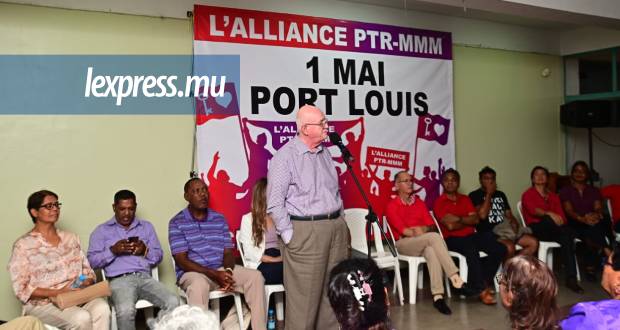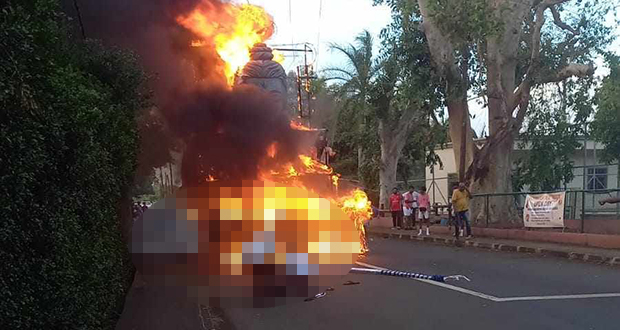Publicité
In the eye of the beholder

“STREET CRIME, HOUSE BURGLARIES AND ANTI-SOCIAL BEHAVIOUR IN GENERAL ARE FAR MORE LIKELY TO FIRE THE PUBLIC IMAGINATION THAN OTHER MORE VIOLENT CRIMES.”
Let’s start on a positive note: Robin Sharma’s presence at the Labour Party youth congress hit the spot. It managed to reinvigorate the young and the not-so-young. Nita Deerpalsing’s attire may have elicited different and varying social media commentary and may or may not have been the right choice – who are we to judge someone’s taste and sartorial appropriateness? – but she did look young and reinvigorated. The picture was completed by the casually-dressed prime minister who strutted onto the podium in typical American fashion and answered questions from the young audience in what they felt was a humble and appropriate way. As for the guest speaker, if there is another one million Robin Sharma’s out there looking for Mauritian citizenship, please give us excess of them. We are badly in need of motivators.
However, the prime minister should have resisted the temptation to take another dig at journalists and put all the blame for the perception of crime squarely on their shoulders. And let’s please stop thinking that we are unique. The perception of crime being at odds with the official statistics and the reality on the ground is not exclusive to us and we should stop fretting about it. The findings of the Crime Survey for England and Wales, an annual analysis of crime figures, showed a very similar trend: crime is going down – murder has dropped by 17% to a 20-year low – but public perception is that crime in the UK is much more prevalent and is out of control. And this is not entirely the journalists’ fault.
When dealing with the perception of crime, we cannot limit the debate to violent crime. While this may have decreased, other types of crime like domestic burglaries and street thefts have increased. And that is what the perception is based on.
Street crime, house burglaries and anti-social behaviour in general are far more likely to fi re the public imagination than other more violent crimes. They create a surge in anxiety, make the population feel unsafe and threatened on a daily basis.
That has nothing to do with journalists. Naturally, when people start becoming nervous about anti-social behaviour and crime close to their own homes, the press, the world over, gives them the stories they relate to. And the opposition jumps on the opportunity to tap into the public fears to claim that society has become more violent than it would have been had they been in power. That is part of the game. It is not the root of the problem.
The police should not be comforted by thinking that it is the press’ fault that the nation feels insecure. They should pull their socks up and target burglaries in an efficient and coordinated way. There is no point going after thieves if the bigger thieves who are buying their loot are let off the hook.
If the police do their job properly, we will have no stories to sell. And we genuinely wish they could drive us out of business.
Publicité






